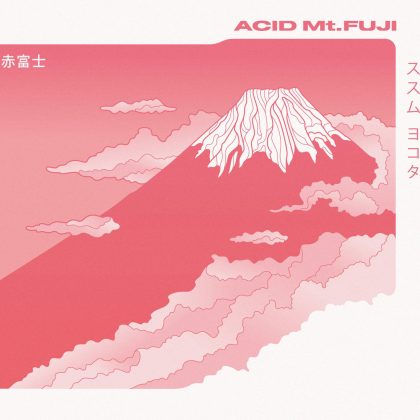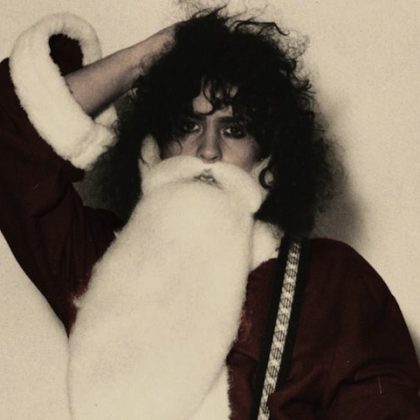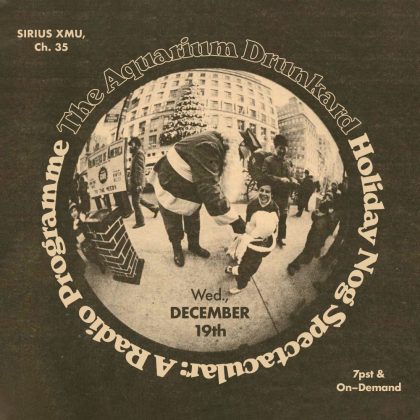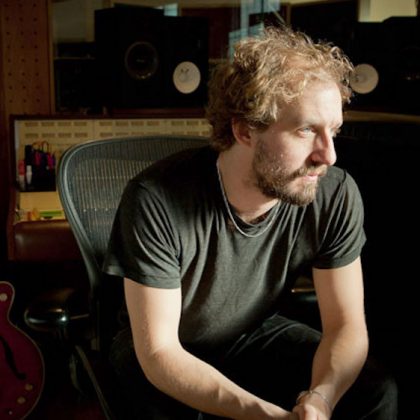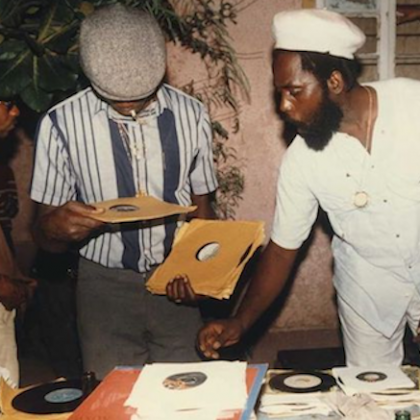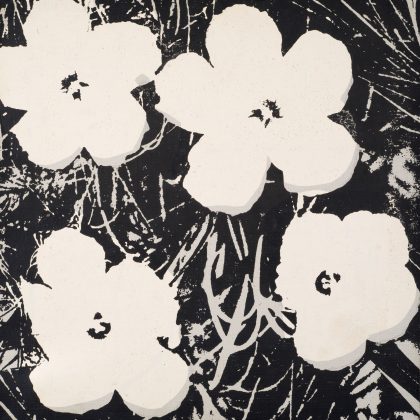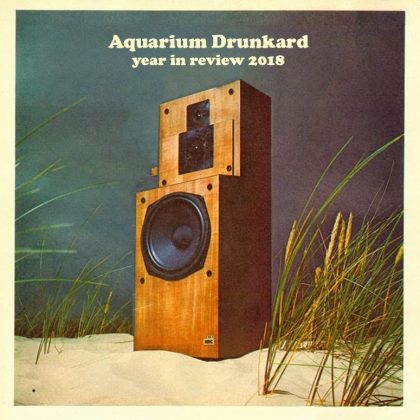New year. Same time. Same freak. The Aquarium Drunkard Show / Wednesdays, 7pm California time with encore broadcasts on-demand via the SIRIUS/XM app.
Tonight, new music from Sweden's Karl Hund, Tim Presley's White Fence, Yoshinori Hayashi, Julien Gasc and more . . .
Only the good shit. Aquarium Drunkard is powered by its patrons. Keep the servers humming and help us continue doing it by pledging your support.
To continue reading, become a member or log in.

